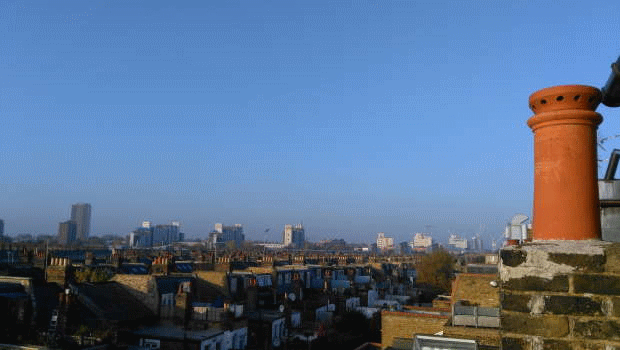House prices rise at fastest rate in six months

House prices continued their northward stride in the UK in March, with fresh industry data on Thursday morning pointing to the largest increase in six months.
The Halifax House Price Index showed monthly growth of 1.4%, with the average UK house price now sitting at £282,753 - another record high.
On a quarterly basis, house price growth stood at 2.3%, while the annual rise came in at 11% to March.
Russell Galley, managing director at Halifax, noted that the new record price was up £28,113 on a year ago - not far off average UK earnings over the same period of £28,860.
“The story behind such strong house price inflation remains unchanged - limited supply and strong demand, despite the prospect of increasing pressure on households’ finances,” he said.
“Although there is some recent evidence of more homes coming onto the market, the fundamental issue remains that too many buyers are chasing too few properties.
“The effect on house prices makes it increasingly difficult for first-time buyers looking to make their first step onto the ladder, but also challenges homemovers who face ever bigger leaps to move up the rungs to a larger property.”
The data, which marked exactly two years since the first Covid-19 lockdown, showed house prices had now risen £43,577 over the course of the pandemic.
Regionally, the South West of England had now overtaken Wales as the area with the strongest house price inflation.
Looking ahead, cost-of-living pressures were likely to slow the rate of house price growth this year, as consumer inflation continued to run at levels not seen for decades.
“In the long-term we know the performance of the housing market remains inextricably linked to the health of the wider economy,” Russell Galley said.
“There is no doubt that households face a significant squeeze on real earnings, and the difficulty for policy-makers in needing to support the economy yet contain inflation is now even more acute because of the impact of the war in Ukraine.”
Galley said buyers were therefore dealing with the prospect of higher interest rates and a higher cost of living.
“With affordability metrics already extremely stretched, these factors should lead to a slowdown in house price inflation over the next year.”